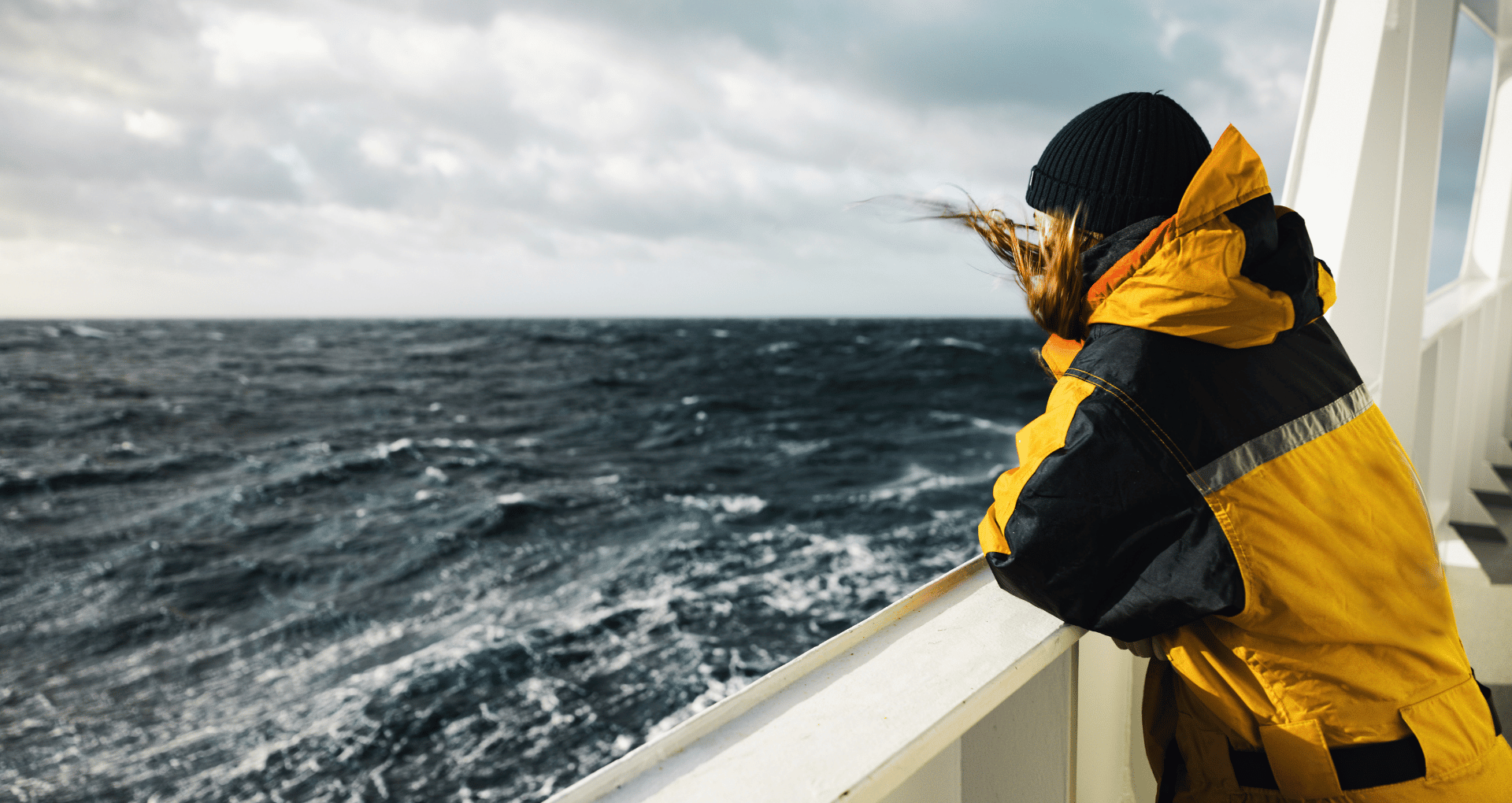News
-
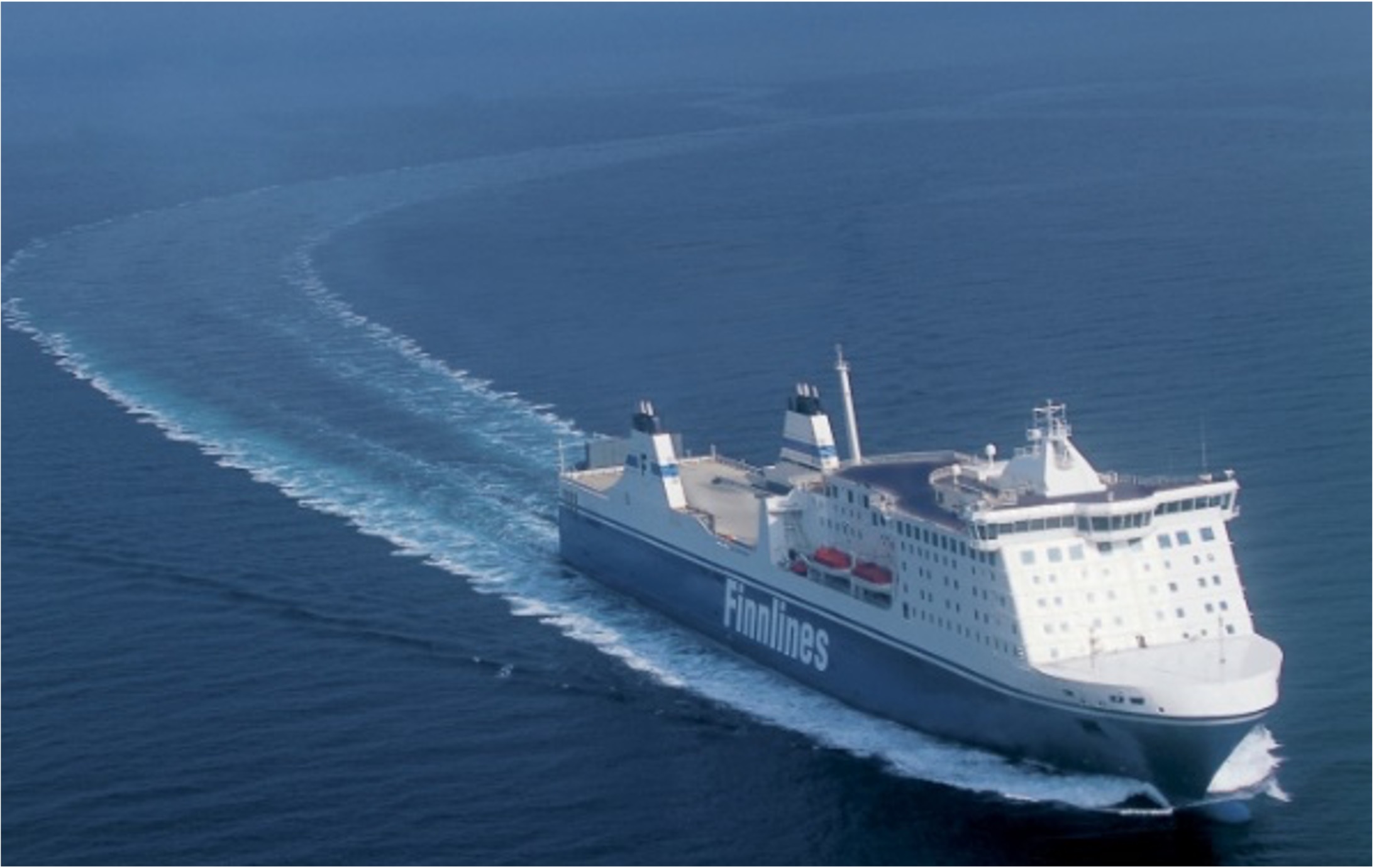
ICOS station Finnmaid Offers Testing Facilities for GEORGE for the Development of New Sensors
Have you ever taken a ferry and wondered about the machinery hidden beneath the deck? If you’ve travelled between Helsinki and Lübeck-Travemünde on a ferry, you might have encountered an ICOS station onboard. This particular station, in addition, is also an important testing facility for new sensors developed in the GEORGE project. Since the beginning…
-
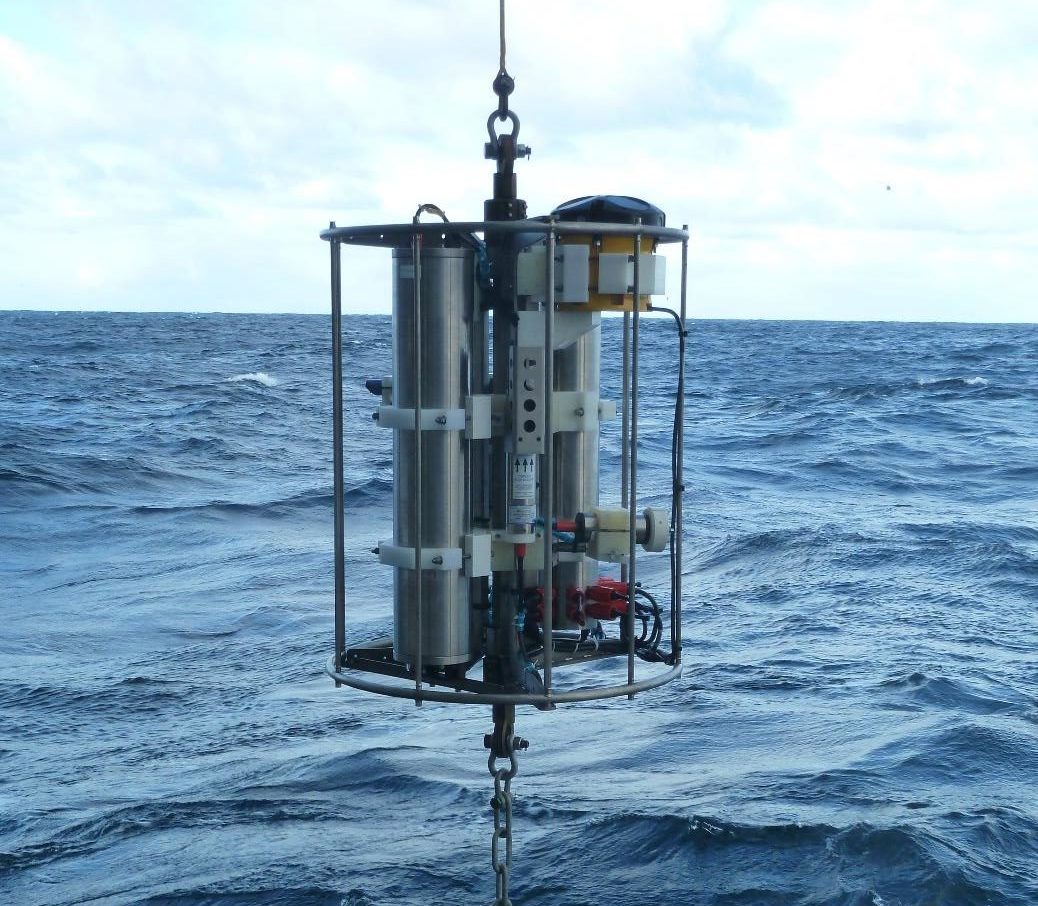
EMSO Generic Instrument Module successfully deployed in the Norwegian Sea
On 27th September 2024, an EMSO Generic Instrument Module (EGIM) was deployed at Station M in the Norwegian Sea for a four month test period as part of the GEORGE project. The EGIM, EMSO Generic Instrument Module, is a multimodal platform to which numerous sensors can be clamped on to measure diverse ocean variables, EGIM…
-
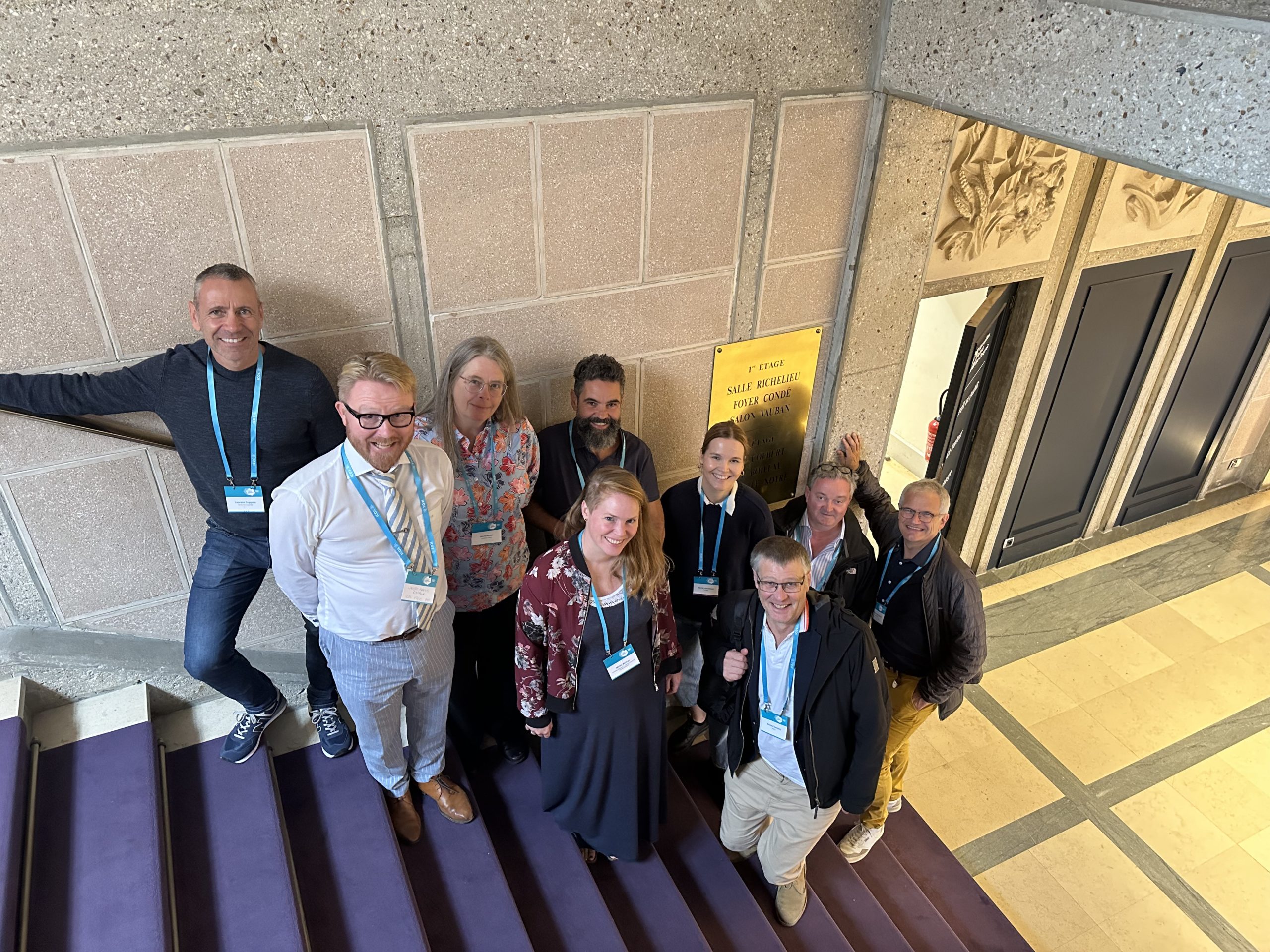
GEORGE partners presented their research at ICOS Science Conference 2024
ICOS Science Conference 2024 was organised on 10-12 September 2024 in Versailles, France and online. The event brought together close to 600 attendees online and onsite. GEORGE partners were present at ICOS Science Conference with oral and poster presentations. Below is a list of presentations from the GEORGE community from the presenters that have allowed…
-
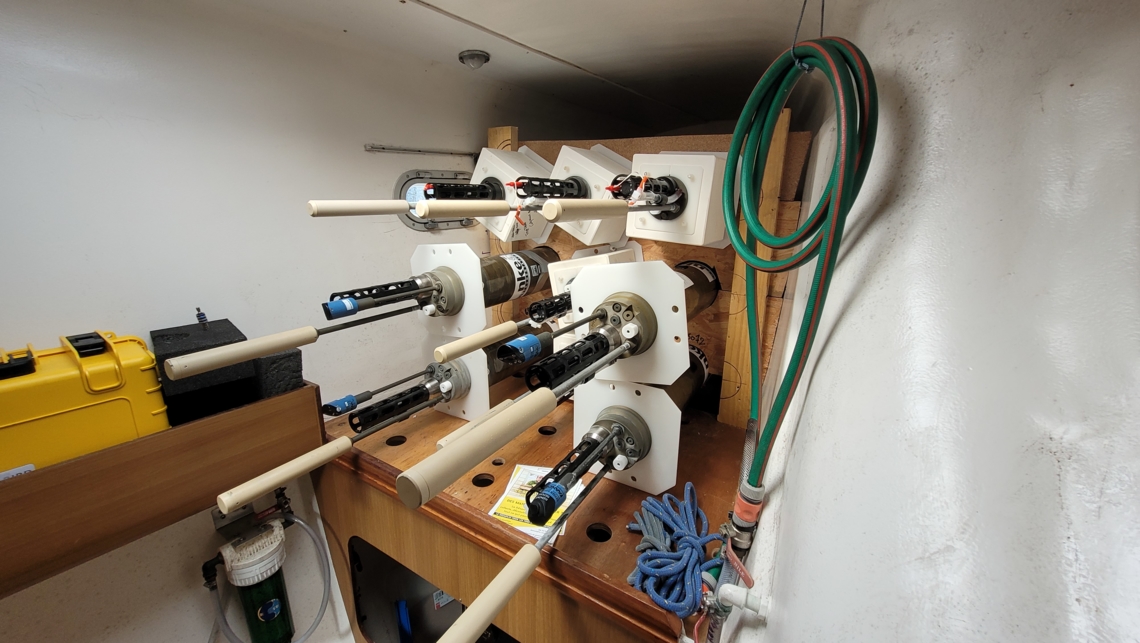
The sailing campaign NAARCO recovered 10 Argo floats in the North Atlantic
After sailing for 27 days between Brest and the Azores, the North Atlantic Argo Recovery Cruise Operation (NAARCO) returned home to Brest on the 10th of June 2024 with 10 profiling floats. These floats needed to be recovered as they were either reaching the end of their life or had some misfunctioning sensors. NAARCO was…
-
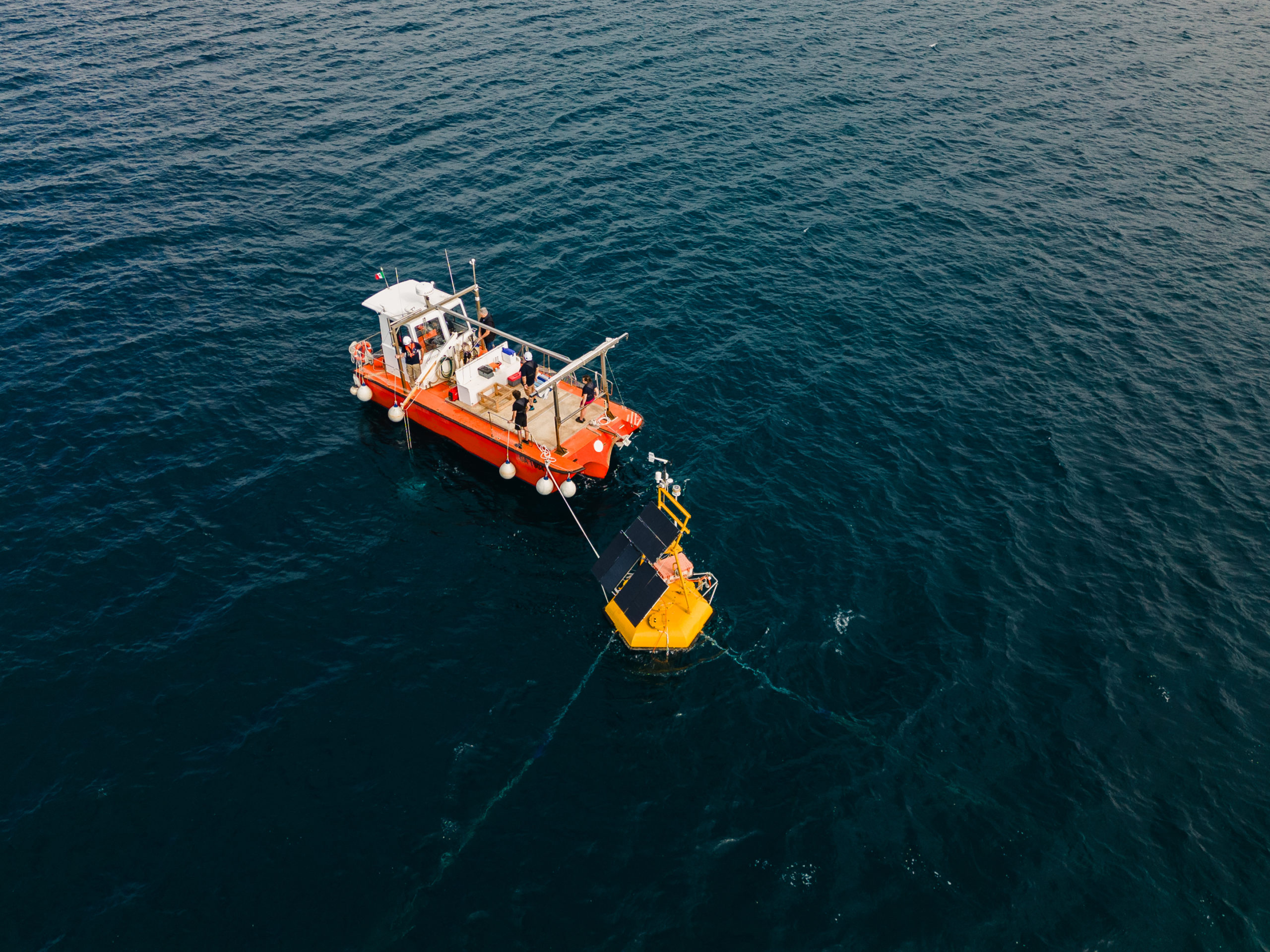
Charting New Waters – How New Technologies are Drastically Improving Autonomous Ocean Observations
Measuring carbon in the ocean, the largest ecosystem on Earth, is no easy job. Most of the measurements today are made using ship-based observations, but ship-based or fixed-location observations on moorings are never going to provide enough information from all parts of the ocean, with high enough resolution and frequency. Enter: autonomous ocean observations. One…
-
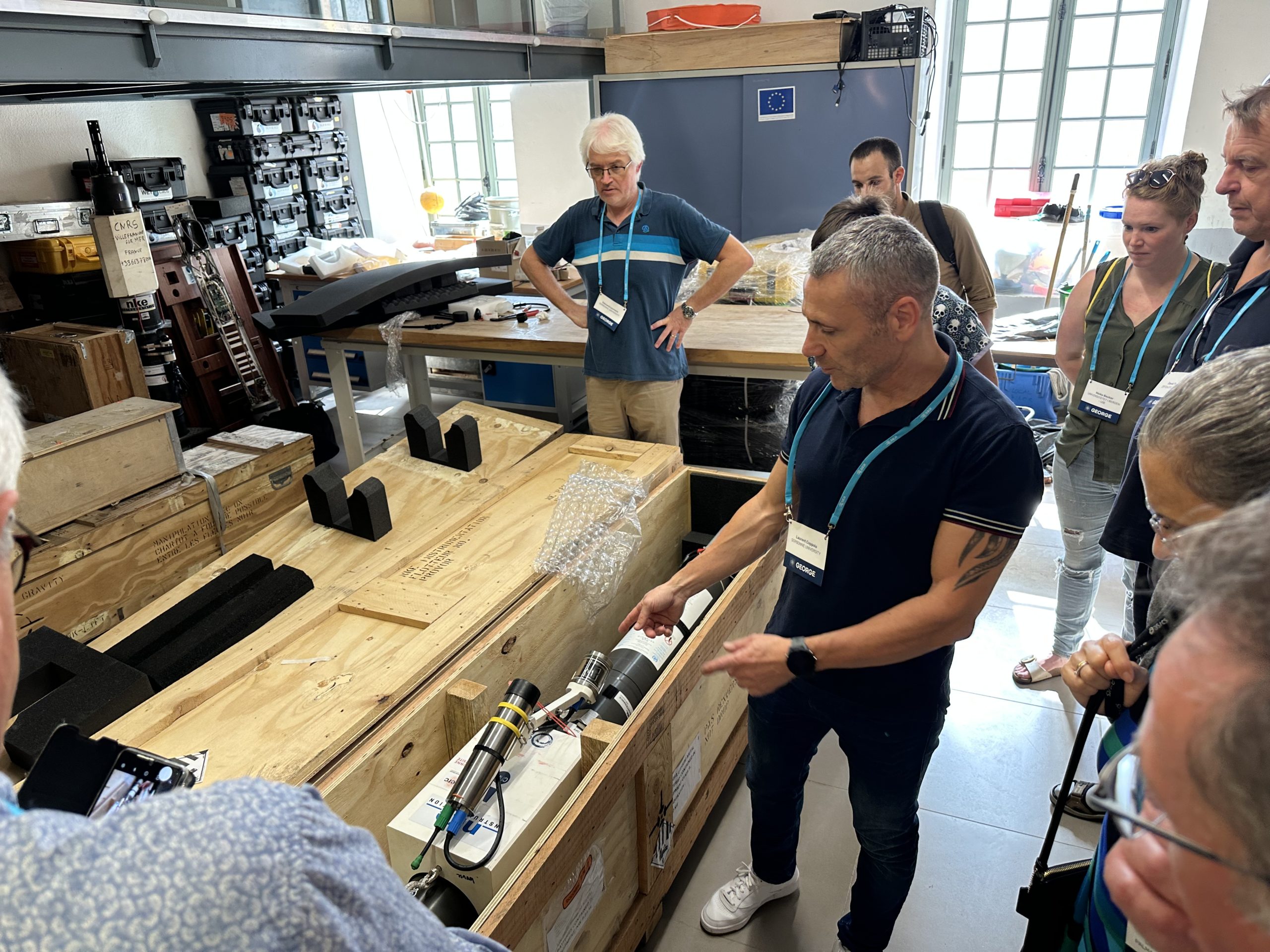
The first GEORGE Technical Forum organised this week in Villefranche-sur-Mer
The first training event of the GEORGE project will be organised in Villefranche-sur-Mer, France on 21-25 May 2024. The event brings together scientists, technicians and instrument manufacturers in a unique learning event and an active dialogue about ocean observing technologies. An online training platform will make this information known to a wider audience. Training the…
-
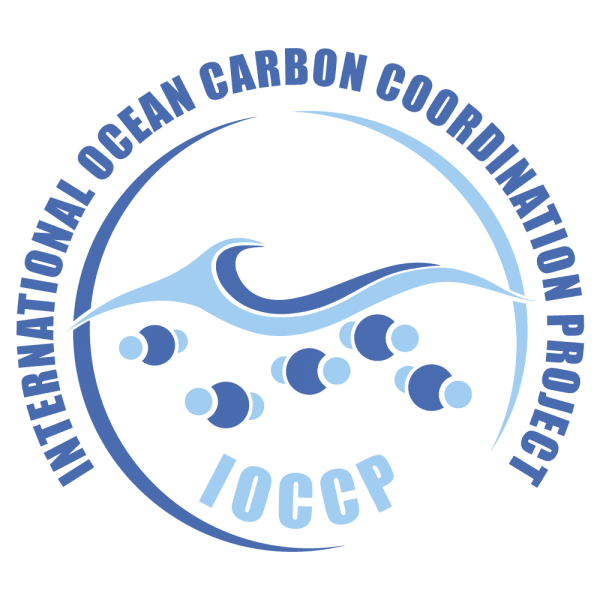
Ocean scientists call for increased efforts towards a global surface ocean carbon observing system
Late last year, over a hundred ocean carbon scientists, including several GEORGE partners, from around the world met at Flanders Marine Institute (VLIZ) in Oostende, Belgium, to review the status of the Surface Ocean Carbon Value Chain and decide on specific improvements to the structure, process and information sharing. Now they have released a declaration…
-
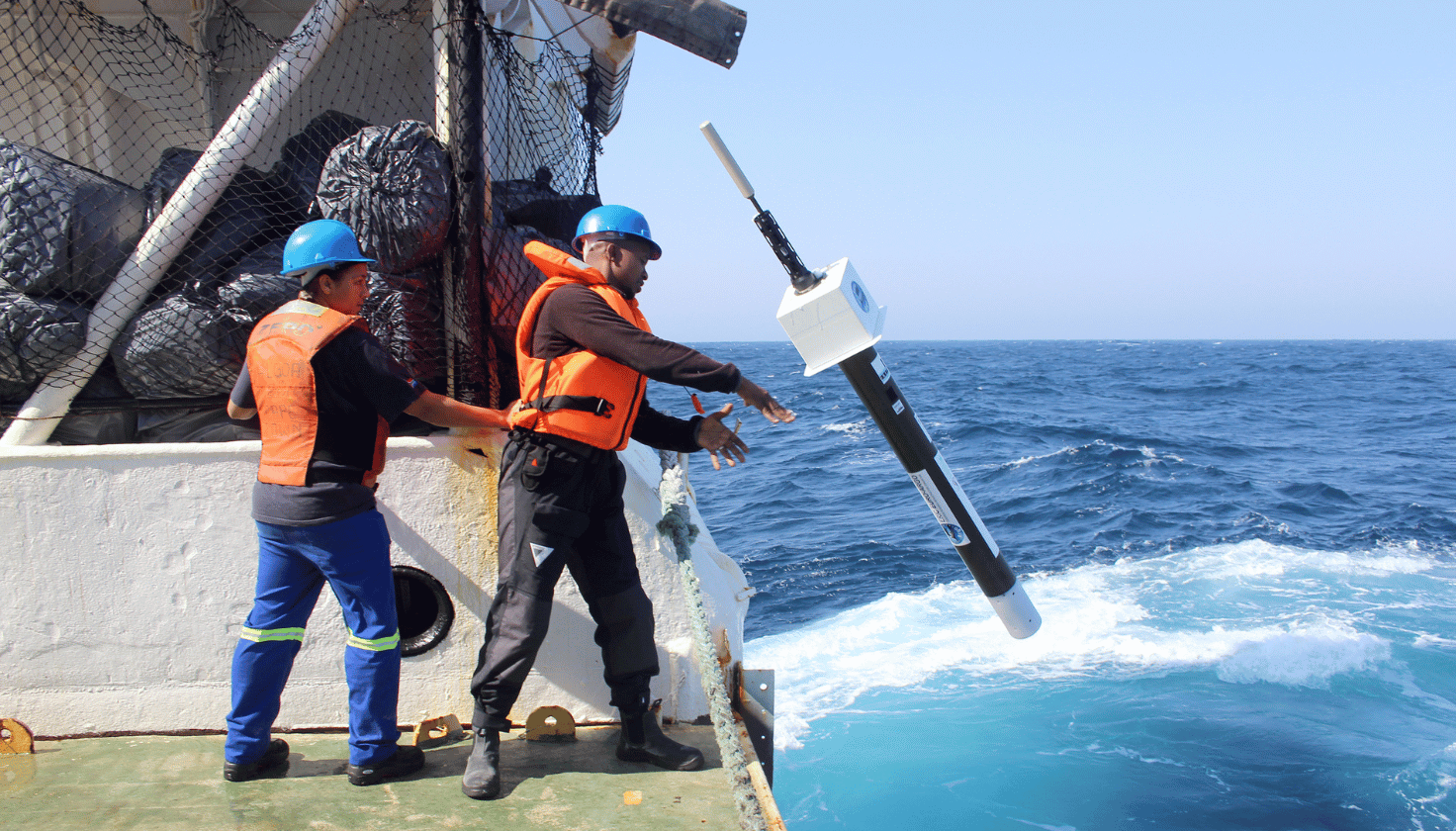
Roadmap published for sensor and platform integration and sea deployments over 4 years
A new deliverable report has been published as part of the HORIZON-funded project GEORGE, Next Generation Multiplatform Ocean Observing Technologies for Research Infrastructures. The deliverable 5.1 “Technology validation and prototyping Standard Operation Procedures (SOP) and trials project plan” will be the road map to the integration across the new sensors and platforms, to the deployments…
-

Ocean observations and the added value of new technologies
The oceans are responsible for absorbing a significant portion of carbon dioxide (CO2) emissions we release into the atmosphere, as well as 90% of the excess heat generated by climate change. The EU-funded ambitious project, GEORGE, which brings together 28 partners from academia and industry, and three environmental research infrastructures, EMSO ERIC, Euro-Argo ERIC, and…
-
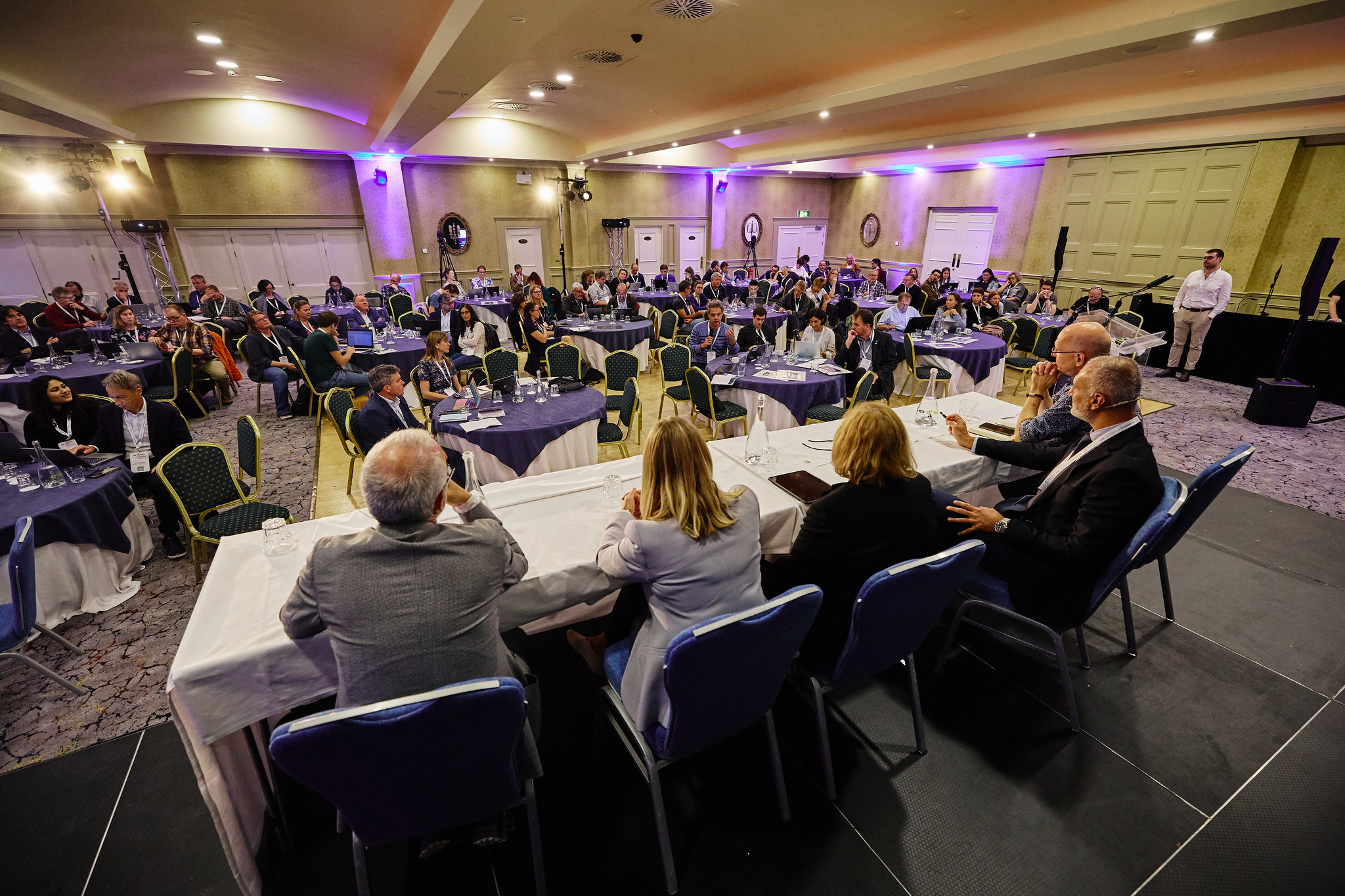
Engaging with the scientific community: GEORGE at the EuroGOOS conference
The European Global Ocean Observing System (EuroGOOS) promotes the development of Operational Oceanography in Europe as the component of the Global Ocean Observing System of the Intergovernmental Oceanographic Commission of UNESCO (IOC GOOS). The EuroGOOS conference provides a forum for marine scientists and technologists developing operational oceanography products, and the users of these services including…
-
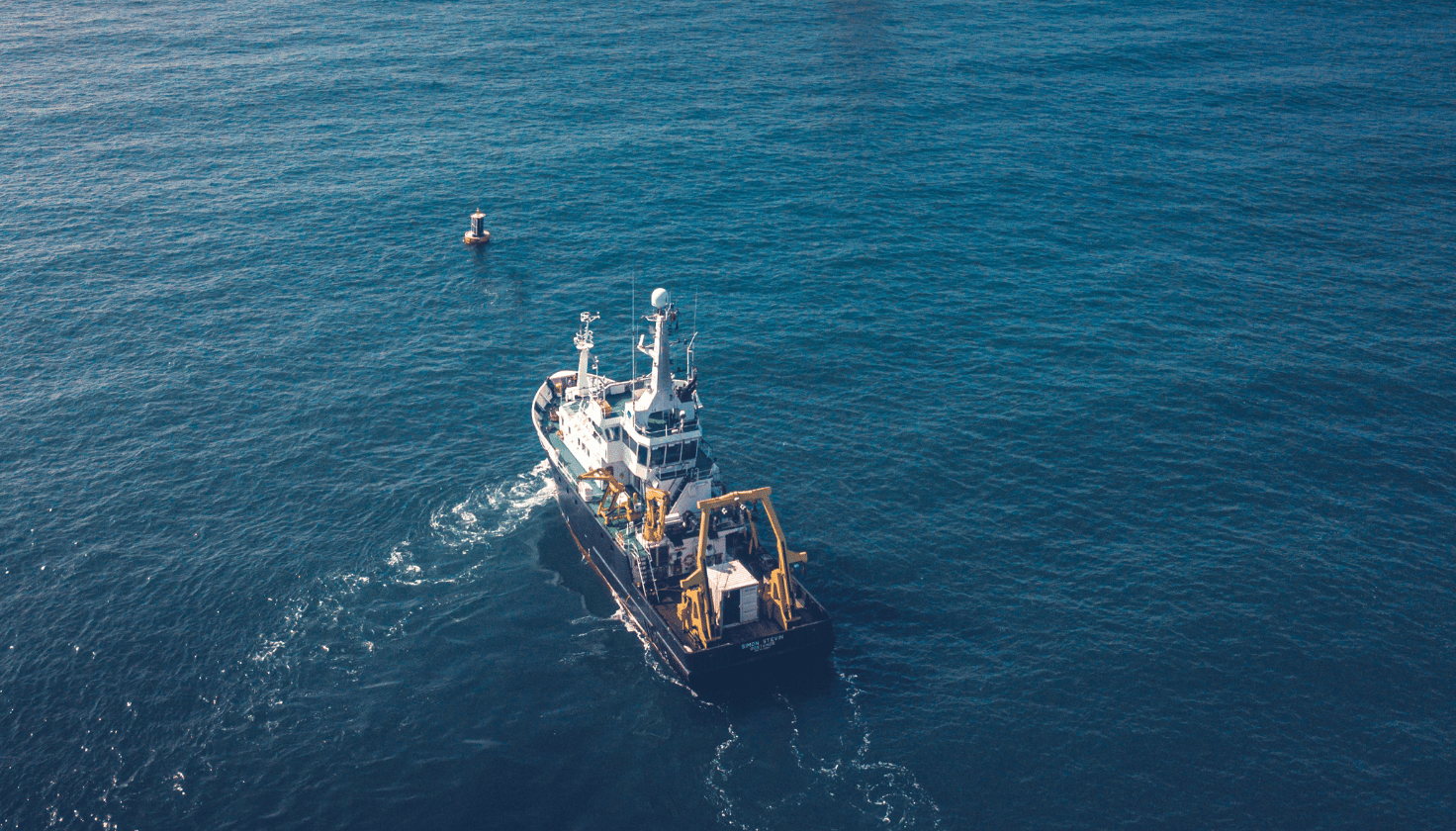
GEORGE is a collaboration of three ocean Research Infrastructures
Euro-Argo, EMSO and ICOS have long been carrying out ocean observations, with each research infrastructure (RI) using its own methodologies, its own instruments, its own data gathering processes, and so on. The three RIs, moreover, conduct observations from different parts of the water ocean: ICOS conducts surface ocean observations; Euro-Argo carries out both horizontal and…
-
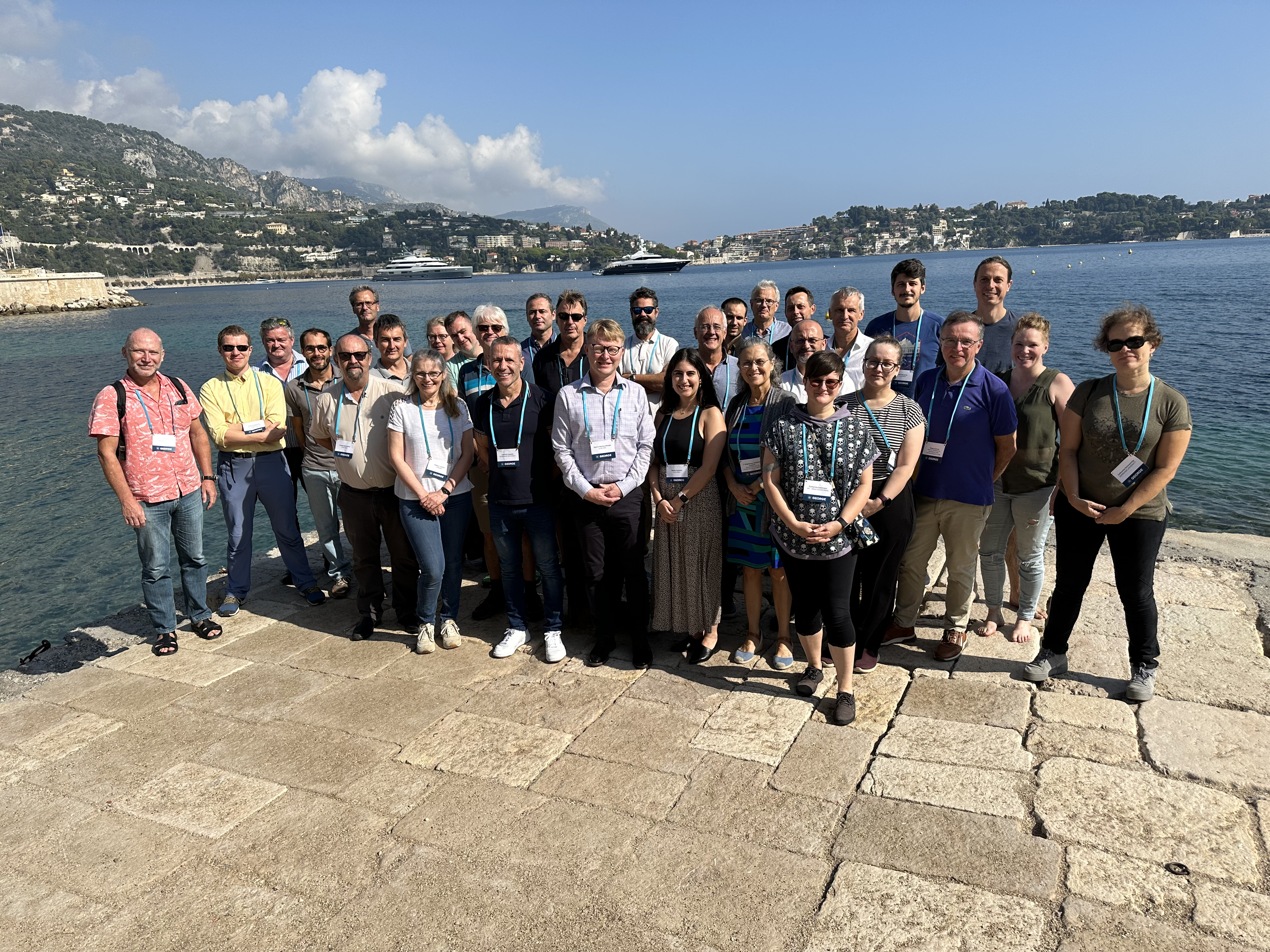
The first GEORGE annual meeting held in Villefranche-sur-Mer
In October 2023, the GEORGE project got together in Villefranche-sur-Mer, France, for its first annual project meeting and general assembly. The three-day meeting, held in the picture-perfect French Riviera, included important discussions on sensor and platform developments, processes for testing, training and developing a joint data stream. The meeting gave the participants of GEORGE the…
